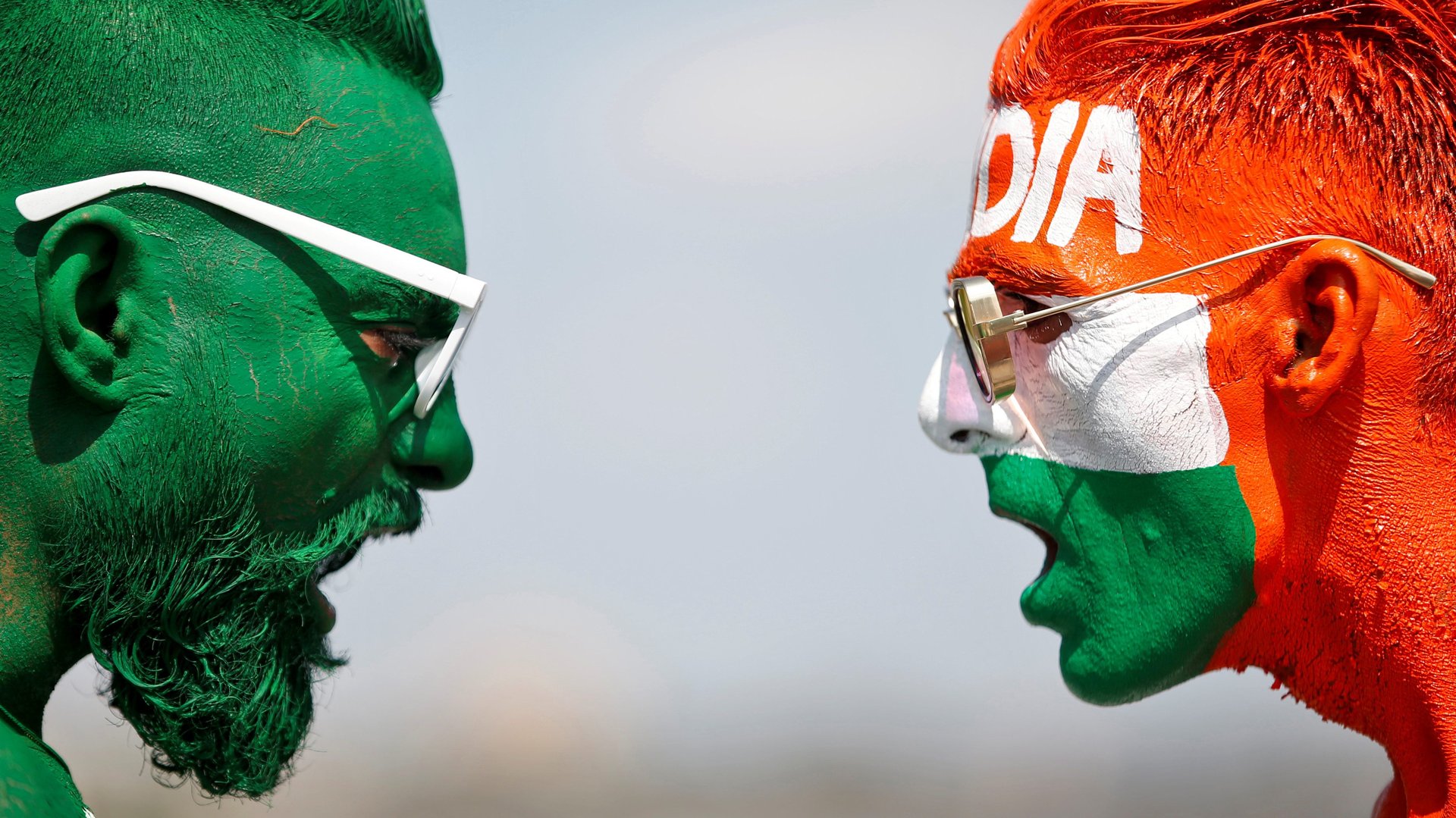The Indian government is making Twitter silence Pakistani voices
Indian authorities don’t want citizens to have access to Pakistani views—especially the official ones.


Indian authorities don’t want citizens to have access to Pakistani views—especially the official ones.
On June 27, at the behest of prime minister Narendra Modi’s government, Twitter India banned accounts of the neighbouring country’s foreign missions in Iran, Turkey, Egypt, and at the UN. Radio Pakistan’s account, too, was blocked.
The Twitter handle of Pakistani journalist Murtaza Ali Shah was recently withheld for allegedly sharing “anti-India” views. Interestingly, it was reported last week that the account of CJ Werleman, a journalist who writes on Muslim affairs, was also banned at the Indian government’s behest.
These verified accounts have 550,000 and 313,000 followers, respectively.
This social media clampdown isn’t restricted to Twitter alone. The Indian government earlier took down 16 YouTube channels, including six from Pakistan, for allegedly spreading disinformation about India’s “national security, foreign relations, and public order.”
Pakistan reacts to India’s social media cleansing
Pakistan’s foreign office, while urging Twitter to restore access, tweeted that the “diminishing space for plurality of voices & access to info in #India is extremely alarming.”
Munir Akram, Pakistan’s permanent representative to the UN, made a call to action to member countries at the ongoing G7 summit.
“In another display of hypocrisy, India has signed a statement at the G7 summit to ‘protect freedom of expression online and offline.’ Now, #G7 have the right & responsibility to demand that India lift its massive restrictions on information, including all 🇵🇰 accounts Delhi has blocked,” Akram tweeted.
India’s Twitter housekeeping continues at home
India’s curbing of free speech isn’t restricted to Pakistani voices alone.
Dissent within the country is also facing the heat. Twitter, which has long been in a tug-of-war with the government, was hit by 24 legal notices over 2021, resulting in over 80 tweets being taken down and geo-specific restrictions being placed on accounts. Ironically, among them were tweets by watchdog Freedom House, highlighting the decline of internet freedom in India.
Worryingly, the ripples are increasingly being felt in real life, too.
Mohammed Zubair, a co-founder of fake news-busting platform AltNews, was arrested on June 27 for tweets posted in 2018. The Press Club of India and the Editors’ Guild of India have demanded his immediate release. Even the UN chief has spoken out on the matter saying journalists should not face jail time for what they write and tweet.
While Zubair’s account remains active, he can’t access it from police custody—ergo, silenced.